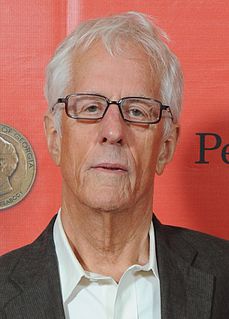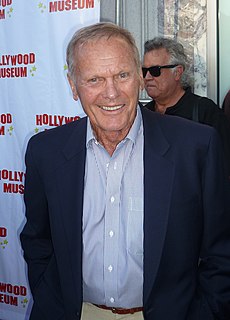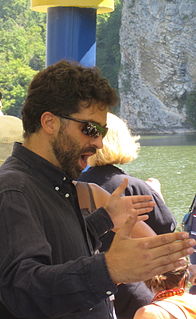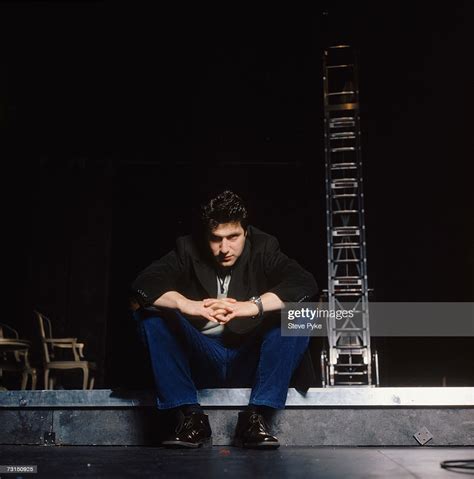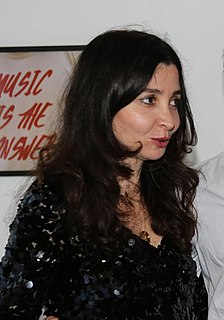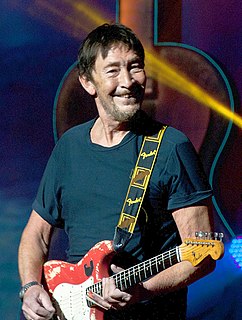A Quote by Charlotte Rampling
When I moved to Paris in the '70s, there wasn't very much going on in film in England. So when I started doing French films, there was a natural movement toward the kind of films I wanted to do. It wasn't the reason I came, but it so happened that I stepped into a time and place that actually corresponded to what I wanted. That sometimes happens in life. And it was rather beautiful.
Related Quotes
When I was a film critic, the reason I kind of found it disenchanting was because the things that I wanted to talk about were the ideas in the movie, the theme of it, and contextual elements that weren't necessarily central to the story. But the only thing people really wanted was a plot description and how many stars I'd give it. It didn't matter how much effort you put into writing a piece, they looked at it solely as a consumer's guide toward going or not going to films.
When I started acting in the film industry when I was 16 years old, in 1980, I was going to all the revival theaters in Los Angeles. They were playing mostly films from the '60s and '70s, some from the early '20s and '30s, before that Hays commission. Those films did question things a lot, and there definitely was a switch in 1934. You can see very distinctly in 1934, it's harder to understand what the real culture was. Films made before 1934, you can really kind of see the racism, sexism, drug use, etc. that was going on at that time. And then it was all stopped.
Once in a while a good opportunity would come along, like the first 'Playhouse 90 ever to air - working in television afforded me my best opportunities. The (film) industry was going through such turmoil at the time - studios didn't know where to go anymore, they were falling apart, television was there. They didn't know what kind of films people wanted. The European films were making a huge impact because those films wanted real people in real situations.
I often find in the film world, that it's very self-referring. If you talk to someone about films, they talk about them in terms of other films - rather than as something that happened to them in their life. And I'm really keen to get back to film as a reference to real things, not necessarily to other films.
I started doing documentaries in the first place because of the war. I always wanted to do feature films, and I studied directing when the war started, so I was working with actors before, in film and in theater. So I think it's easy to work with actors when you have a script that is clear, when they know what and why they are doing it.
I came out of film school and went after movies that I thought audiences wanted to see or that the studios wanted, as opposed to the movies that I wanted. Over the last 10 years, I've gravitated more and more toward the films that I grew up loving - classic Spielberg, Lucas, James Cameron and Ridley Scott movies.
Woody Allen was the reason I wanted to move to New York City and one of the reasons I wanted to make films. I felt that I understood his films, and I love them so much. When you're starting out, certainly, you have this sense of wanting to talk back to people who have influenced you, and I always wanted to talk back to Woody Allen.
My dad is an engineer by trade but worked a lot with the people in the Indian film industry when I was growing up. He started out distributing films from India here in the '70s because there was no place to go for people to watch movies from the homeland. So he developed a network of actors, writers, directors, and musicians that became his friends and that he would tour around the country with, doing stage shows of the musical numbers from their films.




